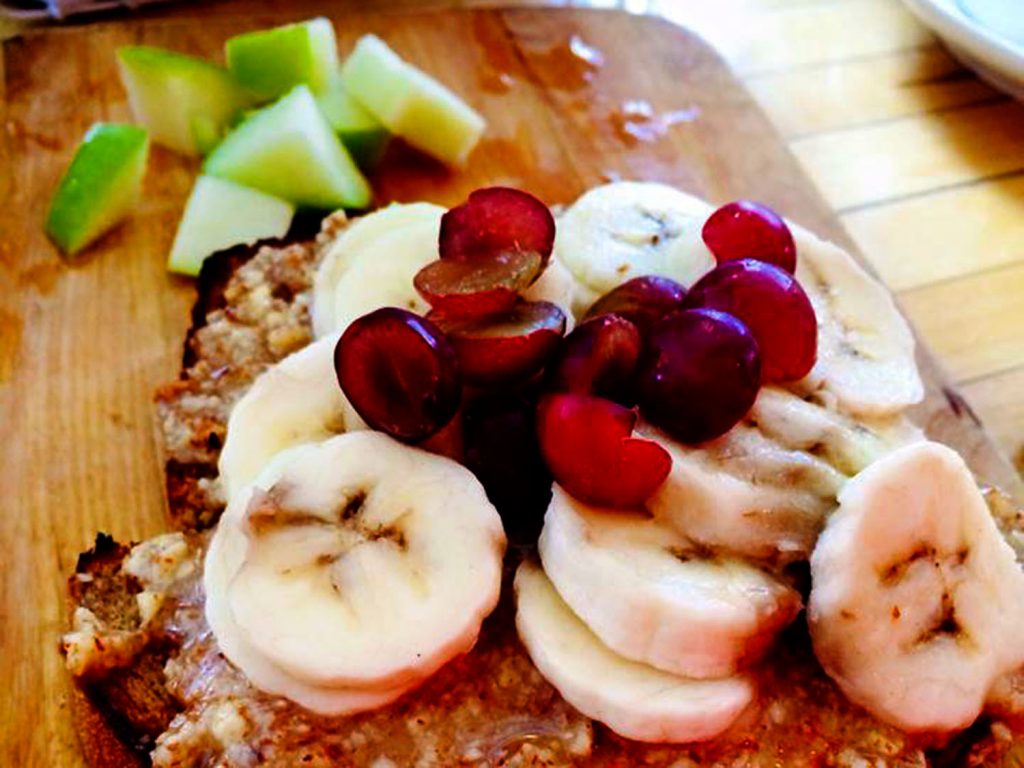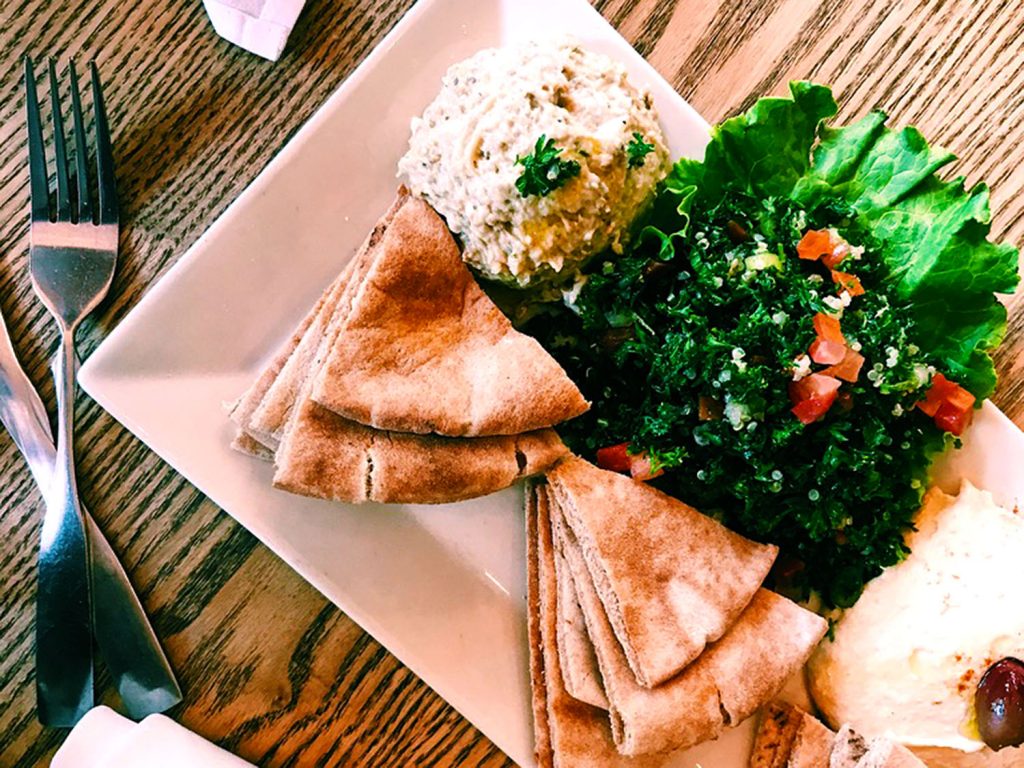Stimulating Your Appetite After Surgery
You’ve done it! You made it through a safe and successful surgery. While the hardest part may be largely behind you, the process of healing and recovery may require additional work to get you back feeling your best. And although ample bedrest and T.V. time are certainly warranted (if not essential) during the early post-surgery stages, helping your body nourish itself back to health is also important. Surgery-related medications can be rough on your digestive system, and may leave you feeling nauseous, without much of an appetite. Listening to your body and easing back into your normal diet with both patience and care will help you to regain your strength and energy. Focus on intuitive eating and good nutrition as you navigate regaining your appetite after surgery.

Causes of Postoperative Nausea and Vomiting (PONV)
Medications, including anesthesia, are often responsible for nausea or vomiting following a surgery. This may negatively impact your appetite after surgery, a time when refueling your body is essential. According to Jennifer Whitlock, a board-certified family practice nurse specializing in surgery recovery, the amount of anesthesia medication and the duration of time it is administered will greatly affect the chances of a patient suffering from post-op nausea and vomiting (PONV). Factors like dehydration, an abrupt reintroduction of foods after a surgery, and taking certain medications on an empty stomach may also compound, resulting in a queasy feeling after you wake up from a procedure.
While PONV is fairly common, there are some reasons to take it seriously. For one, vomiting can continue and increase the feeling of nausea, especially if you are dehydrated. Vomiting can also put intense pressure on your brand new (and very delicate) incisions which is both painful and potentially dangerous.
What can be done about low appetite after surgery?

Hydration
Because post-op nausea is often caused or worsened by dehydration, staying hydrated with clear liquids (as approved by your physician) can be especially helpful and may help stimulate your appetite after surgery. Ask your doctor about ditching the traditional (and brutal) fast from all food and liquids before surgery. Instead, find out if it is possible for you to drink clear liquids up to the last 2 hours before your procedure. It’s a safe practice and you can read more about it here. Starting the rehydration process immediately following the surgery will also help.
If food increases nausea or makes you feel like throwing up, instead try sipping a warm cup of tea. The warm water and soothing ingredients may help settle your stomach. Herbal teas like ginger and peppermint are especially good for easing an upset stomach. Ginger contains the substance gingerol which is meant to relieve inflammation and other gastrointestinal discomfort. In fact, clinical trials have shown these compounds are effective in the prevention of nausea and vomiting during pregnancy and chemotherapy. Adding ginger extract, powder, or fresh ginger to your tea may be an effective way to address post-surgery nausea enough to regain a healthy appetite.

Small Meals
While it is essential to regain your appetite after surgery, driving home from the procedure is not the best time to hit the drive-thru for your favorite bacon cheeseburger. Your surgery center should give you some guidance on how quickly to begin with solid foods, and what types are best to avoid (ie. greasy food, spicy food). If you’re not quite ready to reintroduce three full (light) meals following an operation, try having five or six small meals throughout the day instead. This may be a better way to ease your body back into healthy digestion while still getting the nutrition your body needs to recover.
Good Nutrition
If eating enough is especially difficult while you’re fighting the post-op nausea, it is even more important to make the foods that you do eat high-quality ones. While your appetite after surgery may still be abnormal, strive to get plenty of nutrients (especially things like plant based protein). This will aid in healing your body and promote recovery from the stress of an operation. The amino acids found in high-quality protein sources, like lean meats or nuts and seeds, can aid in wound healing and the regeneration of tissues. Aim for complete proteins, such as quinoa or buckwheat, pita bread and hummus, or peanut butter on whole grain toast.

Don’t shy away from calorically dense snacks, such as nuts and nut butters during recovery. Listen to your body and eat as much as possible, as often as possible. Once it is safe (ask your doc), try to get some light walking or movement to avoid blood clotting and to further stimulate your appetite.
Fiber is also an essential component of post-surgery nutrition (and good nutrition in general). Not only will fibrous foods offer greater amounts of vitamins and minerals, they will also help you avoid constipation. Since many medications given for pain management can cause constipation, consuming high fiber foods like leafy greens and whole grains will help keep things moving through your digestive tract. Try a hearty bowl of oatmeal or a low-sugar breakfast cereal to aid in digestion, and keep you regular. Clear vegetable soups are also a good option to gently get the nutrients your body needs without placing significant burden on your stomach.
Remember to be gentle and accommodating while your body heals. Listen closely to your hunger/fullness cues whenever possible, but also challenge yourself to gradually reintroduce adequate calories to provide your body with the energy needed to recover. Keep in mind that “slow and steady wins the race”! Your patience, combined with good nutrition and a bit of simple meal planning can help your body get back up and running like normal in no time at all.


